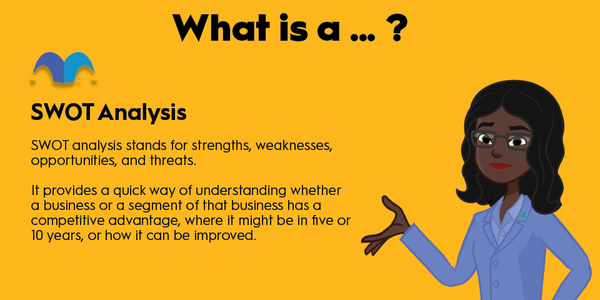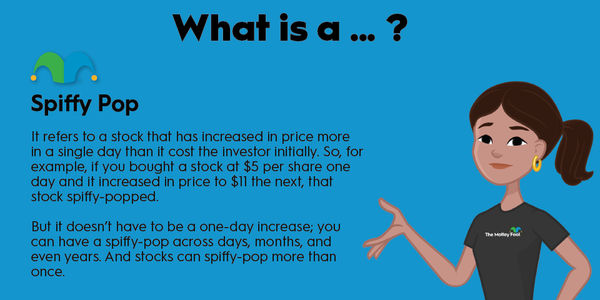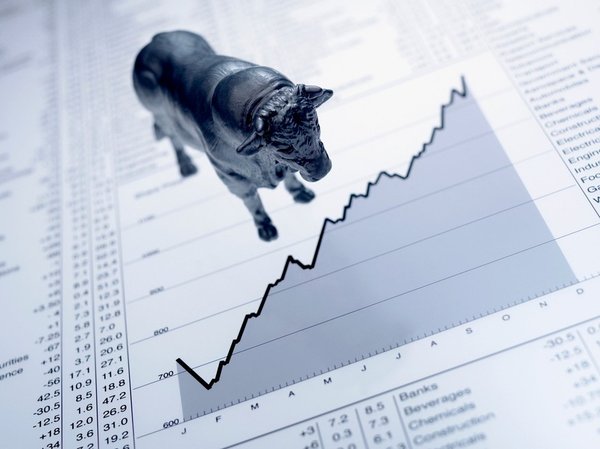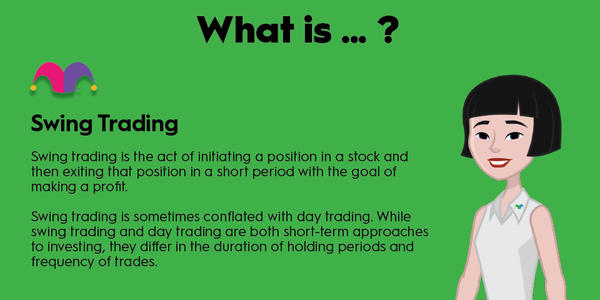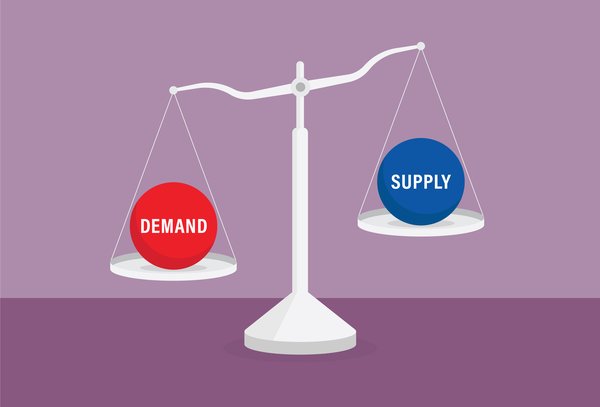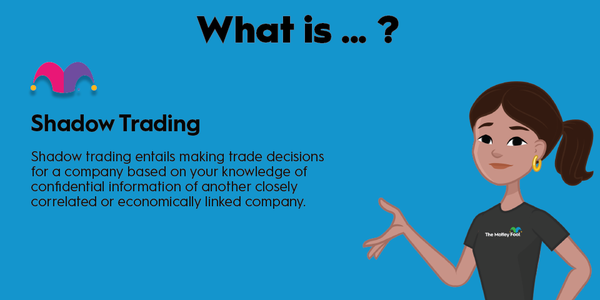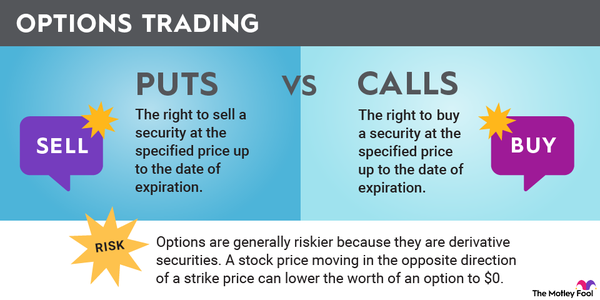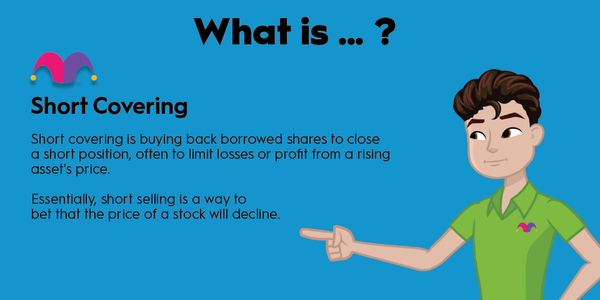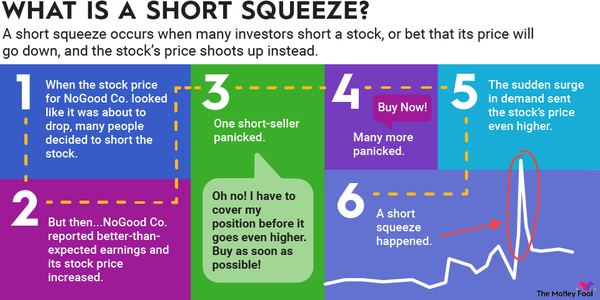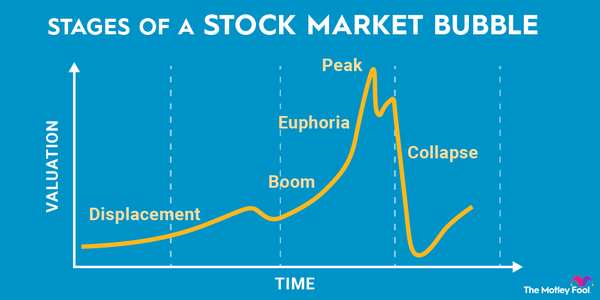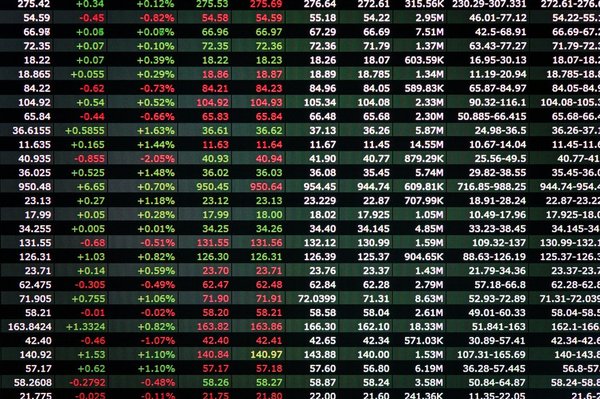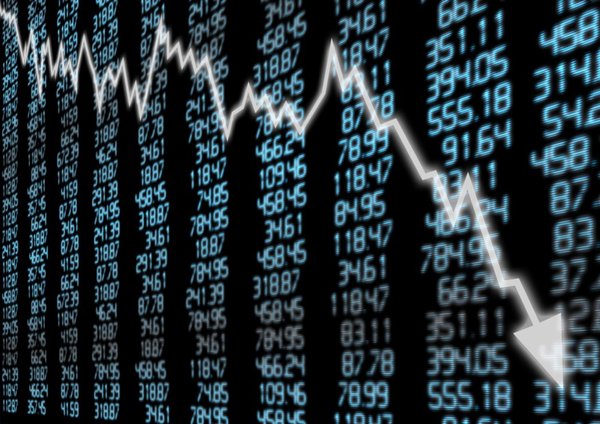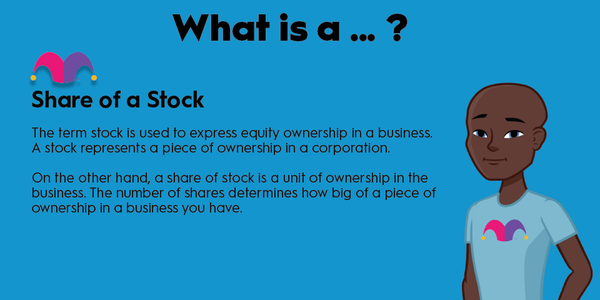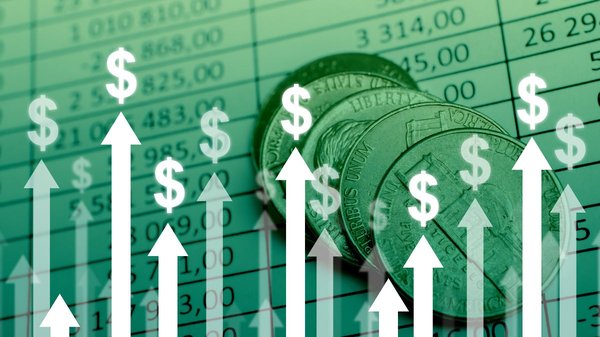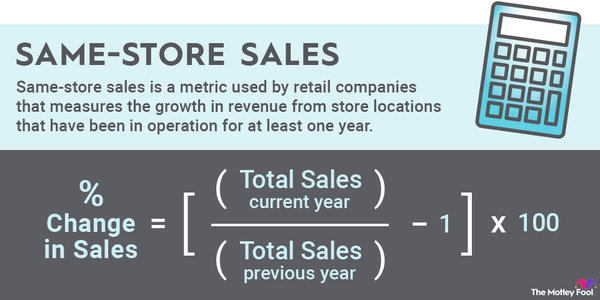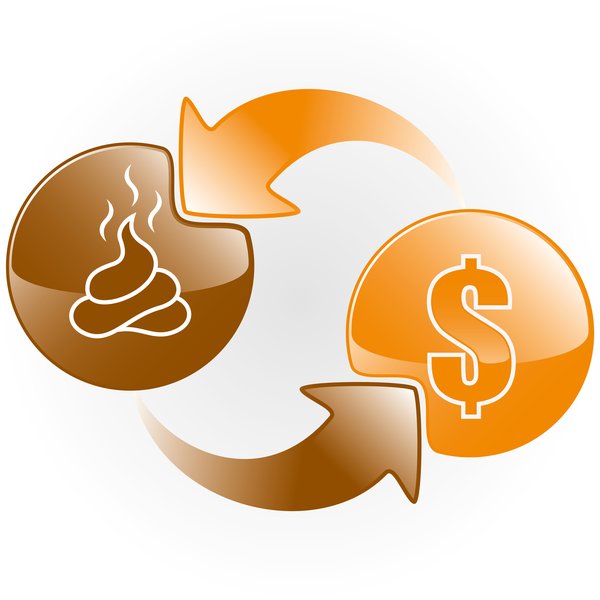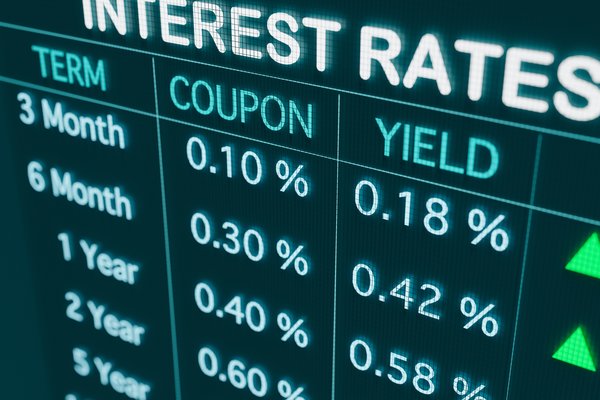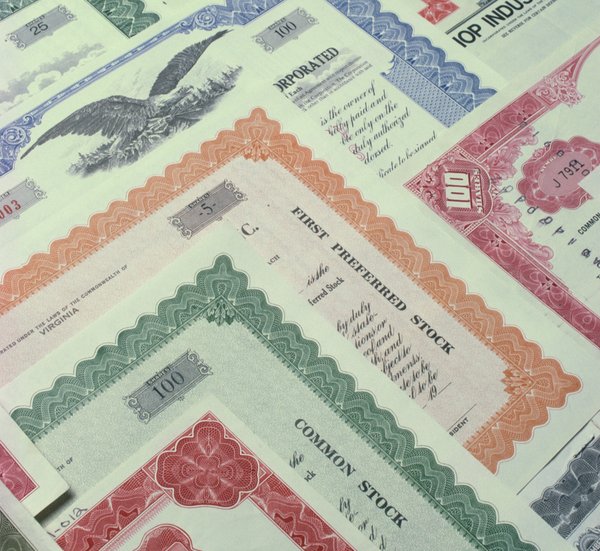Sin stocks are shares of companies that produce products many people consider unethical, like tobacco, alcohol, adult entertainment, weapons, gambling services, and oil. There are a few reasons investors might want to add sin stocks to their portfolios. However, many investors seek to exclude these companies by choosing environmental, social, and governance (ESG) portfolios. We'll cover what investors need to know about investing in sin stocks.

What is a sin stock?
What is a sin stock?
A sin stock is a share of a company that offers goods and services that are controversial and that many people believe to be unethical. Examples include companies that produce tobacco and alcohol, casinos and gaming companies, weapons manufacturers, big oil companies, and those involved in adult entertainment. Sometimes, sin stocks are referred to as vice stocks.
The definition of a sin stock isn't entirely clear-cut. For example, some people would consider marijuana stocks to be sin stocks. But as medical marijuana becomes more widely accepted, many people no longer associate marijuana companies with vice.
A company can also engage in unethical behavior, even if it doesn't meet the definition of a sin stock. Think back to the actions of big banks leading up to the financial crisis of 2007-2009. Or think of the many companies that produce everyday items like clothing in dangerous factories, sometimes using questionable labor practices.
Why invest in sin stocks?
Why would someone invest in sin stocks?
An investor may deliberately seek out sin stocks for their portfolio for various reasons. Many demonstrate solid financial performance and are reliable dividend stocks.
Sin stock companies often produce products with relatively inelastic demand. That means if the prices go up, customers typically don't respond by decreasing their consumption by a corresponding amount.
For example, if the price of cigarettes or beer shoots up by 20%, smokers typically won't smoke 20% fewer cigarettes, nor will beer enthusiasts drink 20% less beer. As a result, these businesses are often thought to hold up well during recessions.
Also, sin stock industries are often highly regulated. Because of the high barriers to entry, many companies associated with vice are relatively insulated from competition.
Can you avoid sin stocks?
Can you avoid sin stocks?
Avoiding sin stocks isn't quite as straightforward as it seems. For example, if you own an S&P 500 fund, you're investing in Philip Morris International (PM 3.83%), ExxonMobil (XOM 0.39%), and several gambling and gaming companies.
However, some exchange-traded funds (ETFs) and mutual funds, particularly those with an ESG focus, exclude many categories of sin stocks altogether. Many ESG funds invest in a broad market index, like the S&P 500, but apply a screen, filtering out companies involved in controversial business or that don't adhere to certain sustainability approaches.
Related investing topics
Sin stock example
Example of a sin stock
Tobacco company Philip Morris is widely regarded as a sin stock. In 2023, it held a roughly 47% market share for cigarettes in the U.S., with Marlboro cigarettes by far its most popular product. However, its IQOS tobacco product, which the company says is safer than standard cigarettes, now accounts for over one-third of its net revenue.
The company is controversial among investors and has long been a target of lawsuits. Although it's underperformed the S&P 500 index over the past decade, it's a favorite among dividend investors. In mid-March 2024, it had an annual dividend yield of around 5.5%.


